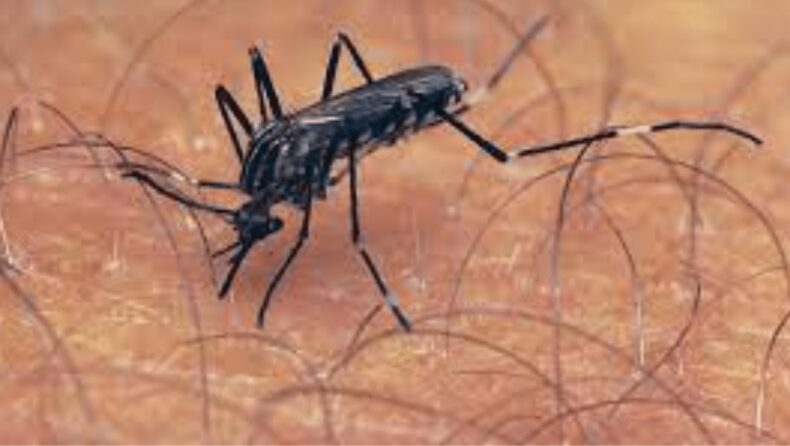Dengue cases continue to rise in the Capital city of India. Due to heavy rainfall over the past few days, cases of vector-borne diseases are on rising in the city. Dengue cases in the month of September are the highest in the last four years in Delhi, as per the data shared by the Municipal Corporation of Delhi. The number of cases so far this season is 525, till September 21.

“The MCD is continuously working towards keeping the dengue situation in check. A rapid response team has been formed under the municipal commissioner, and inter-sectoral meetings are being held with various stakeholders,” the civic body said in a statement. (reported NDTV)
Highlights
- Mosquito attack in Delhi
- Till now 525 cases of dengue.
- Highest September month in the last four years.
Last year, Delhi reported 9,613 cases of dengue and 23 people died due to the disease. It is not just dengue but other vector-borne diseases like chikungunya cases are rising but are currently under control.
“With the recent rain and the high humidity levels, dengue cases are expected to rise further in the coming days. People must ensure that they do not allow stagnation of water in their premises. The positive sign, however, is that the cases coming in now are not very severe,” said Dr. Sherwal. (reported Hindustan Times)
What are vector-borne diseases?
Any person who gets bitten by vectors like mosquitoes, fleas, and ticks, and gets sick, develop a vector-borne disease. Vectors do not cause diseases but are carriers of pathogens from one host to another. Some examples of vector-borne diseases are malaria, dengue, and chikungunya. Dengue spreads to people with the bite of infected Aedes mosquitoes. Similarly, malaria is caused by bites of female Anopheles mosquitoes on humans.
Most common breeding grounds for mosquitoes
Mosquitoes are commonly found in areas with stagnant water. In flower pots, mud pots, gutters, air coolers, etc. Mosquitoes lay eggs in these places and could be a source of vector-borne diseases. Therefore, it is much more necessary to empty and clean mosquito breeding areas.
Changing the water in the coolers regularly, cleaning the plant pots, not letting water collect in the buckets in the bathrooms, etc, we can do to avoid sickness. In the areas where these diseases are spreading rapidly, wearing full sleeves and also covering other exposed parts of your body, using some mosquito repellent ingredients and ointments also adds to the protection.
Read More: How do you tell the difference between a heart attack and aortic disease?













